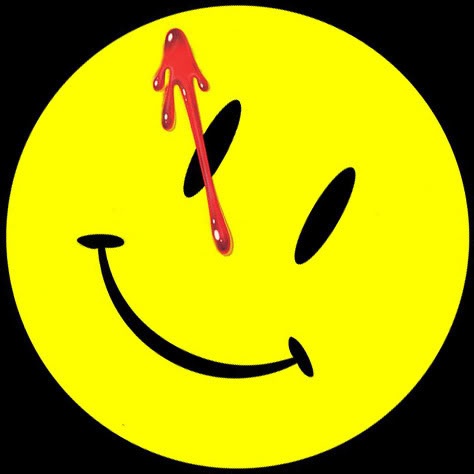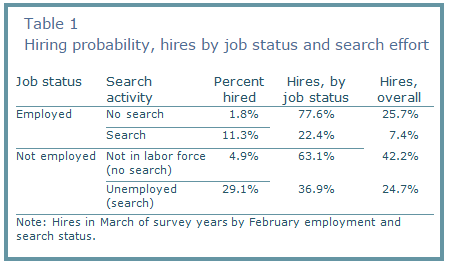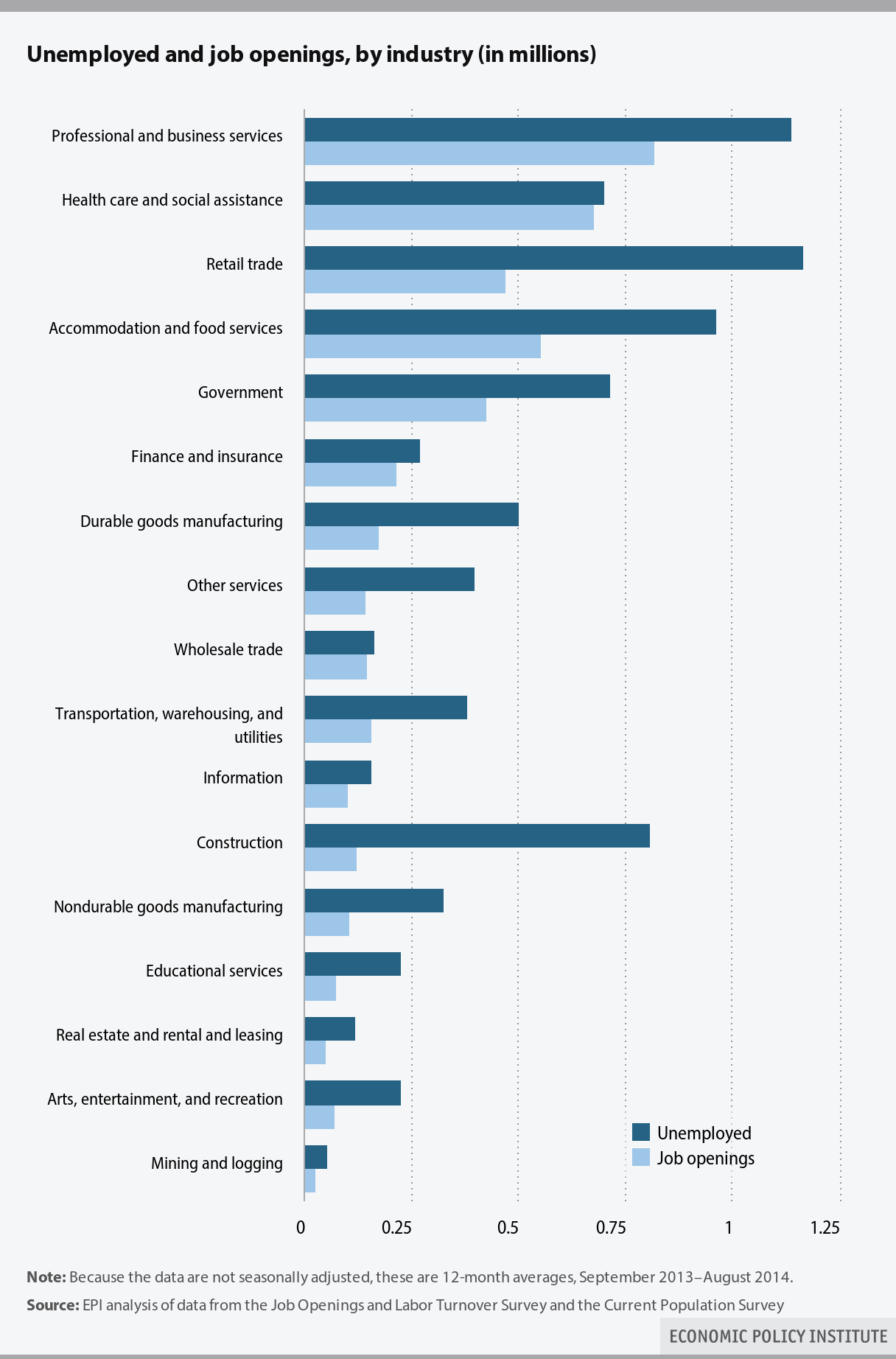Job Titles of the Future #14 - Cultural Intelligence Agent
What kind of organization do you think would benefit from someone who could 'Harness industry trends, insights and resources to help fuel an environment of disruptive growth and innovation?'
Additionally, the person who would excel in this role would also be able to 'Mine the cultural landscape to identify emerging trends and influences in the areas of Music, Gaming, Design, Tech, and Culinary.'
That all sounds really cool and fun and vaguely hipsterish. I am pretty sure I am not qualified.
But to go back to the initial question, what king of organization in what type of industry would you guess is right now looking for someone with these skills?
Smart guesses would be advertising, media, (especially 'new' media), entertainment, or maybe even old school publishing. How many guesses would you have to make before you arrived at Soft Drinks and Snacks? Because at least in today's specific example, the company that is right now looking for this kind of talent for a role they call a 'Cultural Intelligence Agent' is PepsiCo.
More details from the PepsiCo job listing:
PepsiCo is looking for a Cultural Intelligence Agent with a passion for culture and experience working within or across creative industries including Music, Design, Gaming, Tech &/or Culinary. This role will be responsible for leading a team to harness industry trends, insights and resources to help fuel an environment of disruptive growth and innovation. As an Agent in the Creator Culture Catalyst group, you must demonstrate the ability to become a trusted advisor and thought leader to cross-functional business, brand and innovation leaders. The Agent also will drive and manage cross-functional projects that support creative initiatives and foster innovation
What do knowledge of music, gaming, design, etc. have to do with the ability to create and sell Pepsi?
Well maybe nothing directly. But indirectly, understanding, interpreting, and responding to cultural trends helps you understand people. And understanding people is pretty much the key to success in any business.
Cultural Intelligence Agent sounds like a pretty awesome job. Not quite as fun as Relief Pitcher for the Mets, but still pretty sweet. I hope the folks at PepsiCo see this post and let me know how the recruiting for this position turns out. Because the kind of person who will make a great Cultural Intelligence Agent sounds like a really fun person to know.
What about in your organization? Does understanding culture matter?
Note: Further reading for anyone interested in how culture impact business: Chief Culture Officer by Grant McCracken.
Have a great week!

 Steve
Steve



